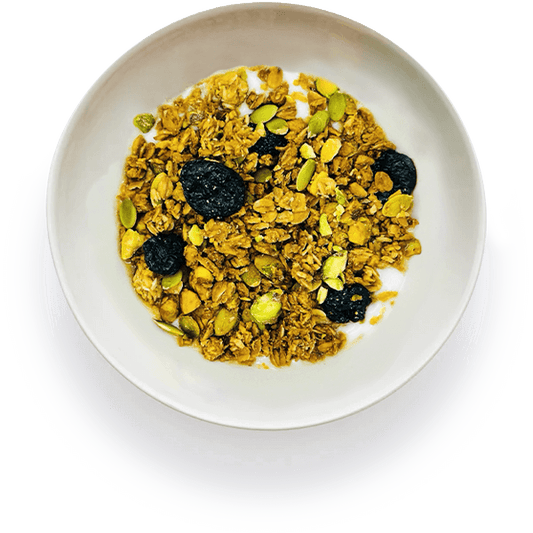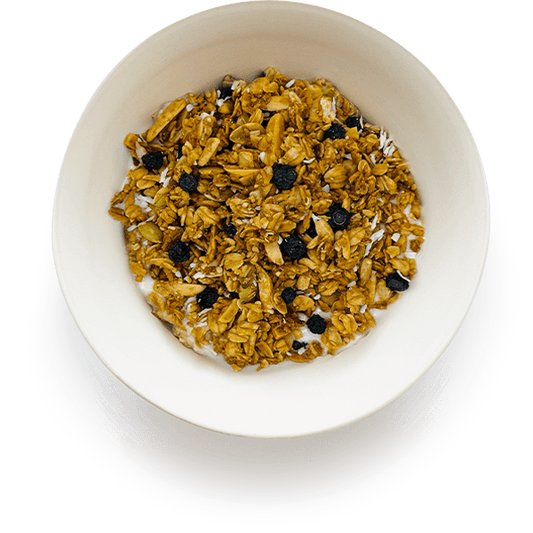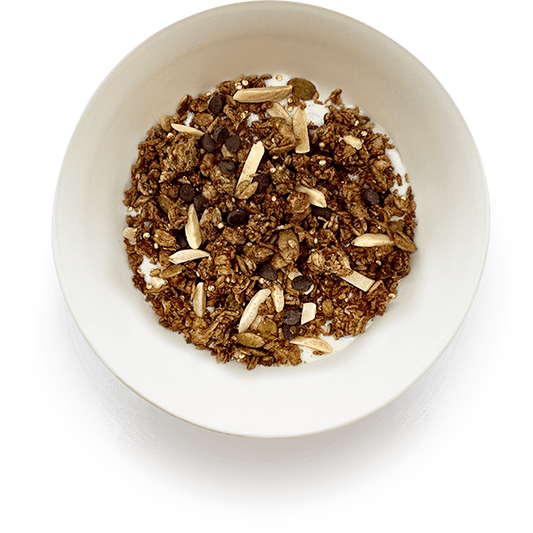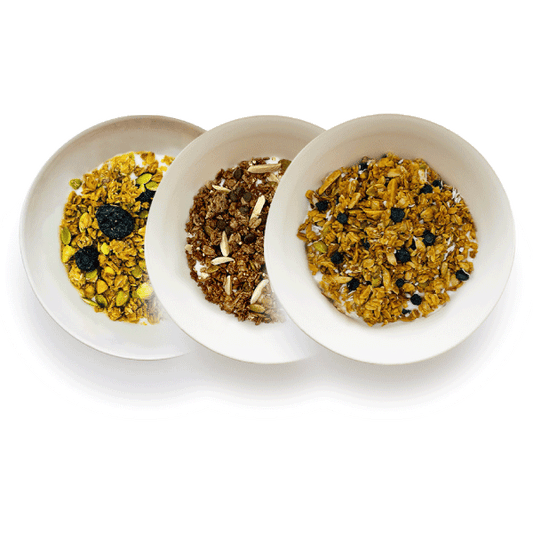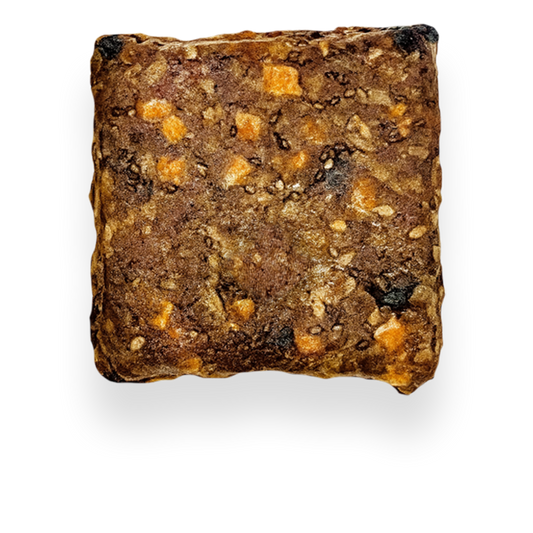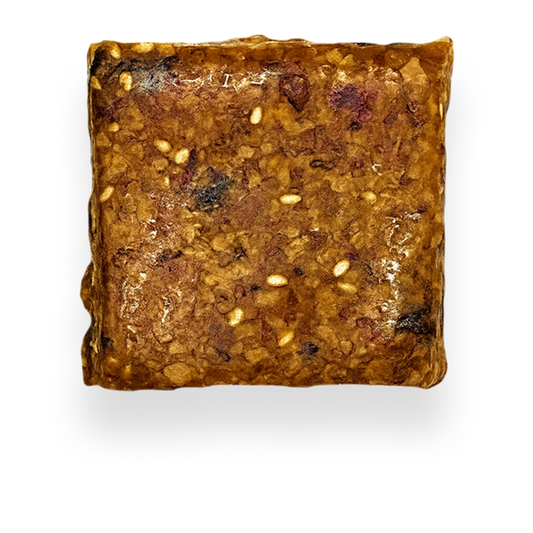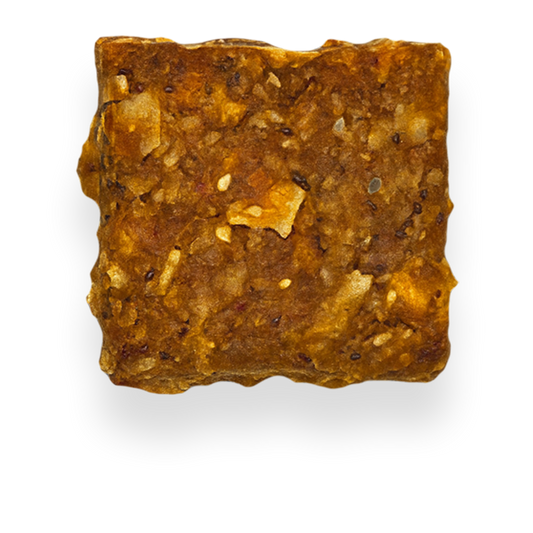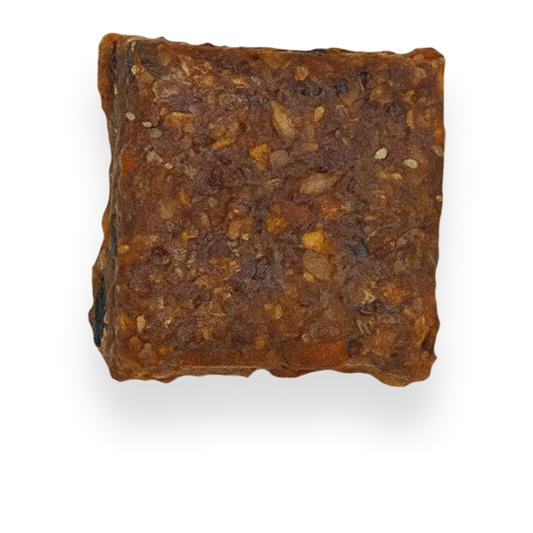Unlocking the Power: Essential Nutrients in a Plant-Based Diet
By FireRoad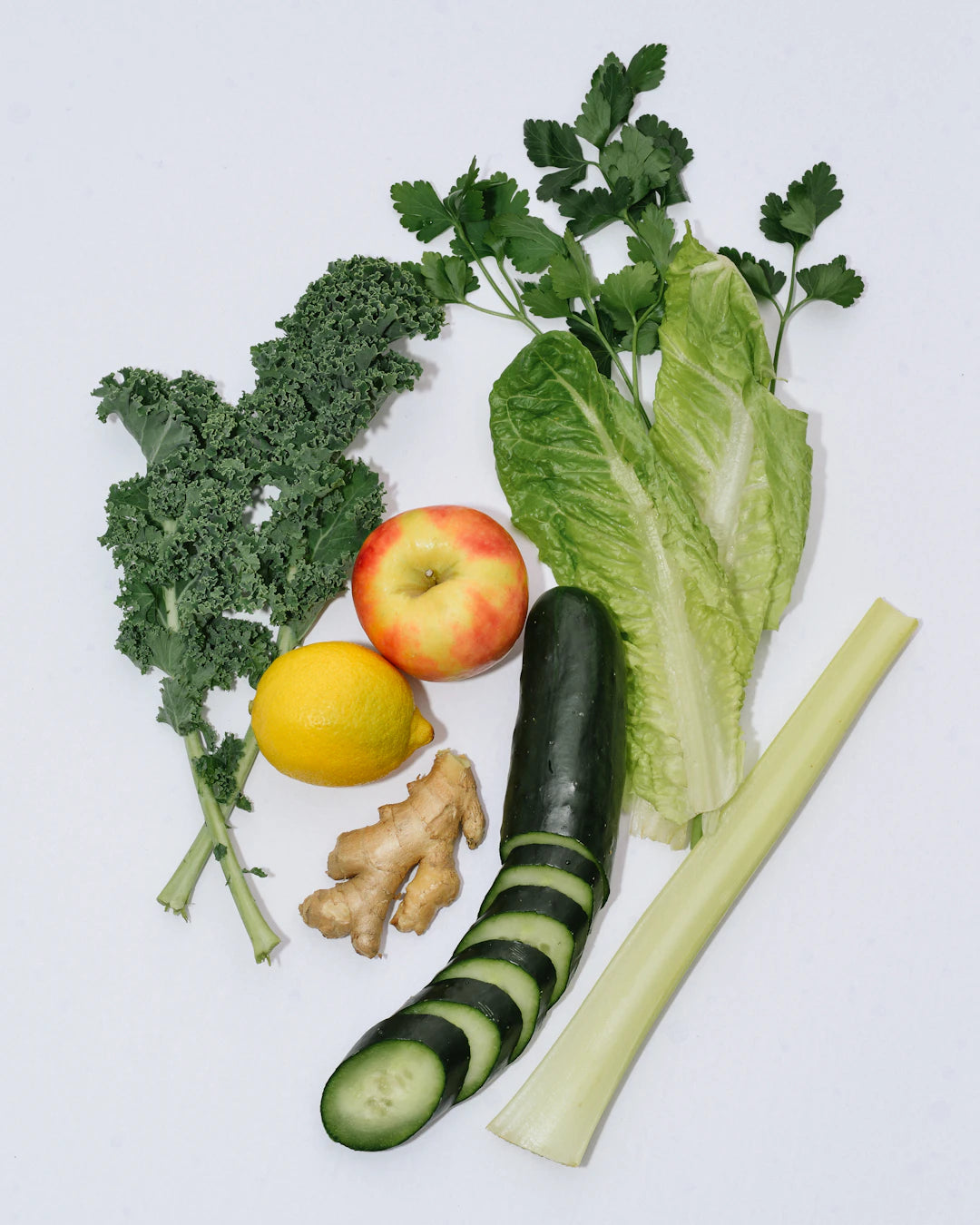
Overview
Plant-based diets are gaining popularity for health, environmental, and ethical reasons. To thrive on a vegan diet, it's essential to understand and incorporate key nutrients such as protein, iron, calcium, vitamin B12, and omega-3 fatty acids. Meal planning, diverse ingredients, and proper supplementation are crucial for maintaining a balanced diet. Enjoy flavorful meals while ensuring you meet your nutritional needs for a healthier lifestyle.
In recent years, the plant-based diet has gained incredible popularity, with more people shifting towards veganism for health, environmental, and ethical reasons. While this lifestyle choice is radiant with benefits, it also invites questions about maintaining a well-rounded diet. Understanding essential nutrients in a plant-based diet is crucial to ensure you’re nurturing your body properly while enjoying your favorite vegan curry meals. This essential guide will delve into the critical nutrients every vegan should be aware of, how to incorporate them into daily meals, and the importance of a balanced, healthy diet.
The Pillars of a Plant-Based Diet
Transitioning to a plant-based diet doesn’t mean you’re sacrificing essential nutrients. In fact, with a little planning and knowledge, you can enjoy a diverse array of flavors while meeting your dietary needs. Let’s explore the essential nutrients that should be on your radar:
1. Protein: The Building Block of Fitness
Contrary to the belief that protein is exclusively found in animal products, plant-based diets can be rich in protein sources that are just as effective. It’s essential for muscle growth, repair, and overall health. Vegetarians and vegans can obtain adequate protein from various sources, including:
- Legumes (lentils, chickpeas, black beans)
- Quinoa and other whole grains
- Nuts and seeds (almonds, chia seeds, flaxseeds)
- Tofu and tempeh
Incorporating a variety of these foods into your meals enables you to create delicious vegan curry meals that are both flavorful and nutritious. Aim for about 0.8 grams of protein per kilogram of body weight, adjusting for your fitness routine and lifestyle.
2. Iron: Fueling Your Energy Levels
Iron is a crucial mineral that helps transport oxygen throughout the body, playing a significant role in energy production. For those on a plant-based diet, iron can be obtained from sources such as:
- Dark leafy greens (spinach, kale)
- Legumes (beans, lentils, peas)
- Nuts and seeds (pumpkin seeds, hemp seeds)
- Fortified cereals
However, it’s important to pair iron-rich foods with vitamin C sources (like bell peppers or citrus fruits) to enhance absorption. Maintaining energy levels is essential for a healthy lifestyle, particularly for those engaged in fitness routines.
3. Calcium: For Strong Bones and Teeth
Calcium is another essential nutrient often associated with dairy, but vegans have plenty of plant-based options. This mineral supports bone health and is vital for muscle function. Excellent sources of calcium include:
- Fortified plant-based milk (almond, soy, oat)
- Leafy greens (bok choy, collard greens)
- Tofu (prepared with calcium sulfate)
- Almonds and sesame seeds
Including these foods in vegan recipes, like creamy coconut kale curry, can be a tasty way to meet your calcium requirements.
4. Vitamin B12: A Vital Nutrient for Vegans
Vitamin B12 is essential for nerve function, DNA synthesis, and red blood cell production. As this vitamin is primarily found in animal products, it poses a challenge for those on a plant-based diet. Options to obtain B12 include:
- Fortified foods (plant-based milk, nutritional yeast)
- B12 supplements
Regular testing and monitoring are advisable to ensure adequate levels of this crucial nutrient, as deficiency can lead to serious health concerns.
5. Omega-3 Fatty Acids: Heart-Healthy Fats
Omega-3 fatty acids are vital for brain health and reducing inflammation. While fish is a common source of omega-3s, plant-based eaters can incorporate alternatives such as:
- Flaxseeds and flaxseed oil
- Chia seeds
- Walnuts
- Hemp seeds
Using flaxseeds in recipes for vegan curry meals not only adds a flavor punch but also boosts your intake of omega-3s, helping create a balanced diet.
Flavorful Ways to Meet Nutritional Needs
Ensuring you receive proper nutrients doesn’t mean sacrificing taste. Here are some tips to infuse your meals with flavor while keeping them nutrient-rich:
Spices and Herbs
Spices and herbs can elevate both the taste and health benefits of your dishes. Incorporating garlic, ginger, turmeric, and cumin into your vegan curry meals not only enhances flavor but also packs an array of health benefits.
Cooking Methods
Experimenting with various cooking methods, such as steaming, sautéing, or roasting, can preserve nutrients while enhancing the natural flavors of your ingredients. For instance, roasting vegetables often brings out their inherent sweetness.
Meal Prep for Nutritional Success
Preparing meals ahead of time helps ensure you consume a balanced range of nutrients. Create a weekly meal plan focusing on diverse color patterns in fruits and vegetables to maximize nutrient intake. For example, cooking a batch of a hearty lentil and vegetable curry can ensure you enjoy multiple nutrient-packed meals throughout the week.
Keeping Track of Nutrient Intake
Monitoring your nutrient intake is essential, particularly when following a plant-based diet. Here are some tips to help you keep track:
- Use a food diary app to log meals and nutrient information.
- Consult nutritionists or dietitians for personalized meal planning.
- Include a variety of foods to cover all your nutrient bases.
Supplement Wisely
For some, supplements may be necessary to fill nutritional gaps. Common options for those on a vegan diet include:
- Vitamin B12 supplements
- Vitamin D supplements (if sunlight exposure is limited)
- Omega-3 supplements derived from algae
Always consult with a healthcare professional before starting any new supplements to determine what’s best for your individual needs.
Transforming Meals into Nutritional Powerhouses
Making the switch to a plant-based diet provides an incredible opportunity for diversity in your culinary adventures. To create nutritious and tasty meals that align with your fitness goals, consider the following:
- Incorporate a variety of textures (creamy, crunchy) and colors to make meals visually appealing.
- Experiment with different cuisines; you may discover an irresistible vegan curry meal from Indian or Thai dishes!
- Mix and match ingredients to boost the nutrient content of traditional recipes.
Your Journey Towards a Healthier You
Embracing a plant-based diet doesn't have to be overwhelming or flavorless. With the right knowledge and planning, you can create meals, such as flavorful vegan curry, packed with essential nutrients that support your fitness goals and overall health. From protein to calcium, and everything in between, focusing on a balanced intake of nutrients will ensure you thrive on this vibrant lifestyle. Remember to explore, experiment, and enjoy the diversity of flavors that a plant-based diet offers. Your journey to a healthier you has only just begun!
Linked Product

Coconut Red Curry Tofu
Coconut Red Curry Tofu offers a flavorful and nutritious option for those following a plant-based diet. Packed with protein from tofu and a variety of fresh vegetables, it provides essential nutrients while delivering a satisfying taste experience. This dish can serve as a versatile meal component, perfect for both quick dinners and meal prepping.
View Product


